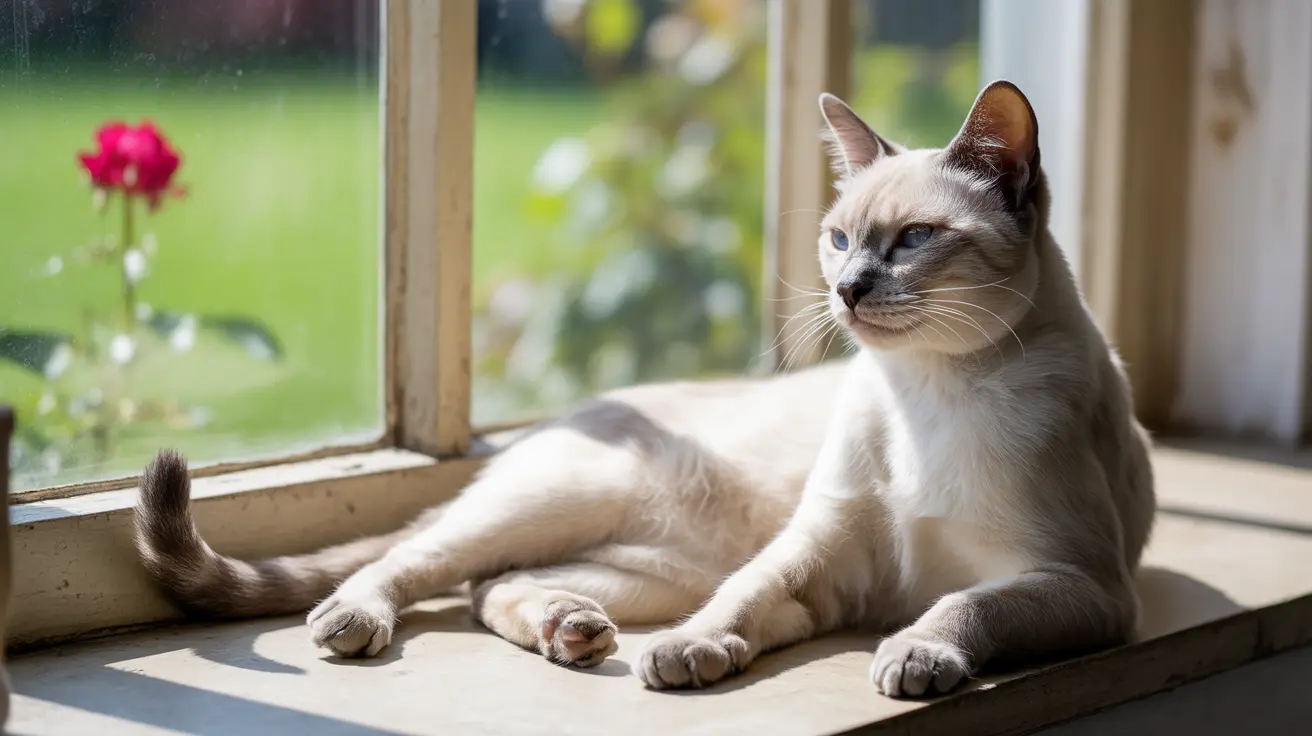If you've ever wondered why your cat seems to purr at full volume during a petting session, you're not alone. Loud purring is a fascinating aspect of feline behavior that can reveal a lot about your cat's emotional state and well-being. Understanding the nuances of your cat's vocal communication can help you build a deeper, more empathetic relationship with your furry companion.
Purring is much more than just a simple sound—it's a complex form of communication that cats use to express a wide range of emotions and physical conditions. From pure contentment to subtle distress signals, your cat's loud purr can tell you more than you might expect.
Decoding the Loud Purr: Happiness and Contentment
Most often, a loud purr is a cat's way of expressing absolute joy and relaxation. When your cat purrs intensely during petting or cuddling, it's typically a sign of deep satisfaction. This vocalization is their method of communicating appreciation and affection towards you, their trusted human companion.
Breed and Individual Variations in Purring
Not all cats purr at the same volume. Some breeds, like Siamese cats, are naturally more vocal and tend to have more pronounced purring. Additionally, individual cats have unique vocal ranges, much like humans have different voice volumes and tones. An adult cat might purr more loudly compared to a kitten or an older cat, which is entirely normal.
The Surprising Purposes of Loud Purring
Self-Soothing and Stress Relief
Interestingly, loud purring isn't always about happiness. Cats also use purring as a self-soothing mechanism during times of anxiety or stress. The vibrations produced during purring trigger the release of endorphins, helping cats calm themselves in challenging situations.
Healing and Pain Management
Scientific research suggests that the vibrations from purring can have genuine physiological benefits. These frequencies can potentially aid in breathing regulation, promote respiratory health, and even support healing processes. Some cats may purr loudly when they're in pain or recovering from an illness as a natural coping mechanism.
When Loud Purring Might Signal a Concern
While loud purring is usually harmless, certain scenarios warrant closer attention. If your cat's purring is accompanied by unusual behaviors, changes in body language, or other concerning symptoms, it might be time to consult a veterinarian.
Red Flags to Watch For
- Persistent loud purring outside of positive interactions
- Signs of agitation or discomfort
- Changes in the usual purr sound or pattern
- Accompanying symptoms like lethargy or appetite changes
Communication and Attention-Seeking
Some cats are masters at using loud purring as a communication tool. They might purr intensely to solicit attention, request food, or seek reassurance. By paying attention to the context of their purring, you can better understand their specific needs and emotional state.
Frequently Asked Questions
Why is my cat purring so loudly when I pet them?
Loud purring during petting typically indicates that your cat is extremely happy, relaxed, and enjoying the physical affection. It's their way of expressing contentment and appreciation.
How can I tell if my cat's loud purring is due to happiness or stress?
Observe your cat's overall body language. Happy purring is usually accompanied by relaxed posture, soft eyes, and a calm demeanor. Stress-related purring might involve tense body positioning, flattened ears, or other signs of discomfort.
What are the potential health issues indicated by sudden changes in a cat's purring volume or pattern?
Sudden changes in purring can indicate pain, respiratory issues, or emotional distress. If the purring sounds different from normal or is accompanied by other unusual symptoms, consult your veterinarian.
How can I differentiate between normal and abnormal purring behaviors in my cat?
Normal purring is consistent with your cat's usual pattern and occurs in positive contexts. Abnormal purring might be constant, sound different, or happen in situations that don't typically provoke purring.
Can loud purring in cats be a sign of attention-seeking behavior, and if so, how should I respond?
Yes, cats often use loud purring to get attention. Respond by acknowledging them, checking if they need something (like food or play), and providing appropriate interaction while setting healthy boundaries.
Understanding your cat's purring is a journey of empathy and observation. Each loud purr is a unique communication, revealing the rich emotional world of your feline friend.






